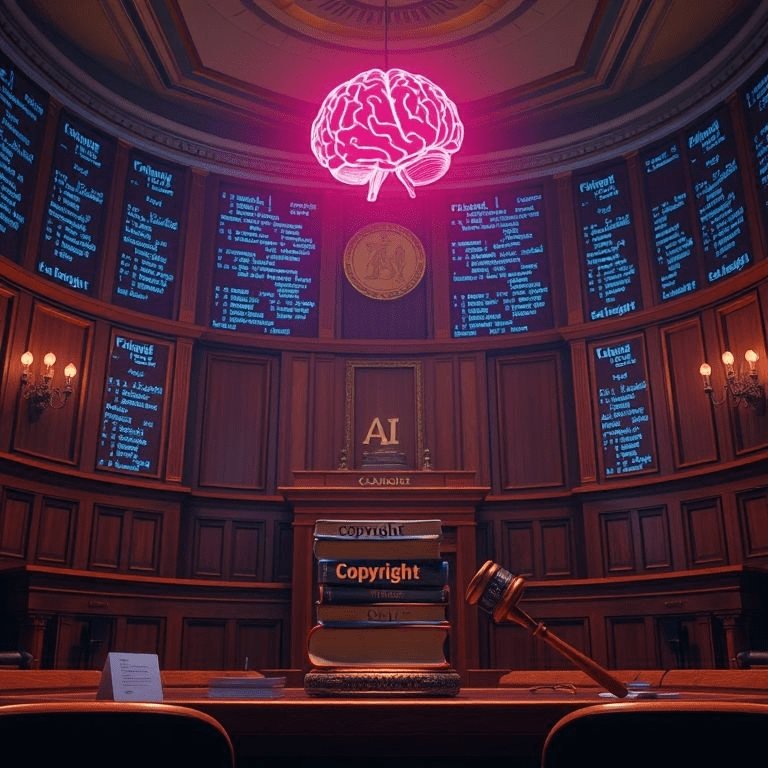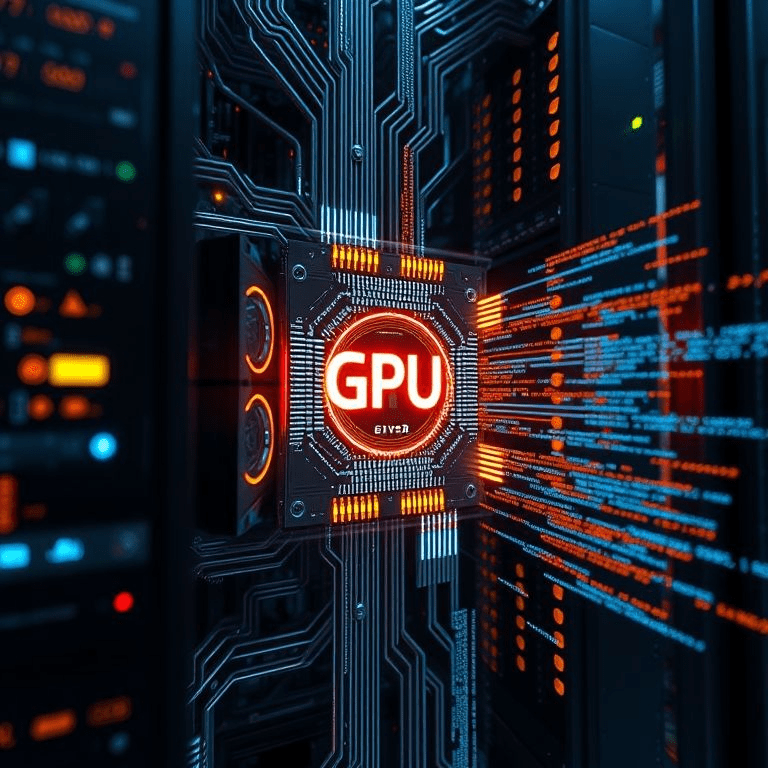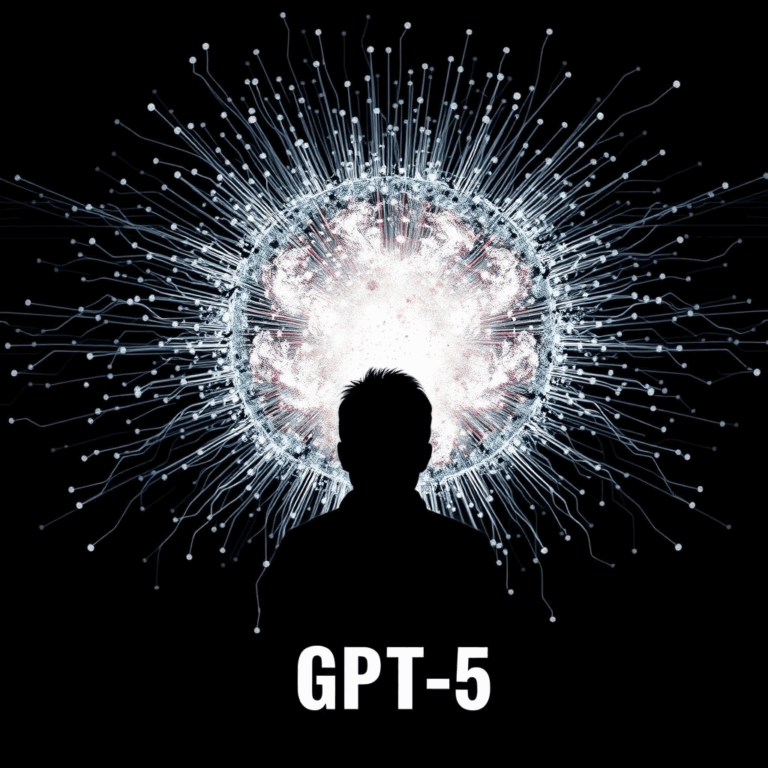Breakthrough in Protein Modeling
Google DeepMind has unveiled AlphaFold 3, the third generation of its revolutionary AI system designed for protein structure prediction. This version marks a significant evolution, now offering atomic-level precision for not just proteins, but also RNA, DNA, ligands, and antibodies—a crucial step for drug development and synthetic biology.
What Makes AlphaFold 3 Different
Earlier versions of AlphaFold stunned the scientific world by solving one of biology’s greatest challenges: predicting protein 3D structures from amino acid sequences. AlphaFold 3 expands that by incorporating:
- Multimolecular complex modeling
- Molecular docking predictions
- Biochemical interaction simulations
DeepMind worked closely with Isomorphic Labs, a Google-backed pharma company, to tailor AlphaFold 3 for real-world biomedical applications.
Scientific and Medical Impact
AlphaFold 3 is expected to revolutionize drug discovery by:
- Accelerating lead compound screening
- Identifying protein-drug binding sites
- Modeling immune responses via antibody interactions
Dr. Sian Taylor, molecular biologist at MIT, stated:
“This could cut drug development time from a decade to mere years. We’re entering the AI-biotech convergence era.”
Community Access and Ethics
While the full AlphaFold 3 model isn’t open-source, DeepMind has launched AlphaFold Server—a cloud-based interface allowing researchers to input sequences and receive predictions within minutes. This avoids misuse while maximizing scientific value.
Reactions from the Biotech Sector
Biotech stocks surged following the announcement. Pharma giants like Novartis and Moderna expressed interest in licensing the technology for internal R&D.
A representative from Pfizer said:
“Tools like AlphaFold 3 may redefine our R&D lifecycle. This is no longer experimental—it’s operational.”
Comparative Landscape
Competitors such as Meta’s ESMFold and Atomwise’s structure engines now lag behind in resolution and usability. AlphaFold 3 is considered state-of-the-art in AI-driven biological computation.
Future Outlook
AlphaFold 3 is already being used in:
- Synthetic vaccine design
- Anti-cancer molecule discovery
- Bioengineering enzymes for clean energy
The next step? Integrating it with robotic labs to automate molecular synthesis—a possibility DeepMind has hinted at.
Conclusion
AlphaFold 3 marks a monumental leap in AI-powered biology. It isn’t just a scientific tool—it’s a foundational platform for the future of medicine and biotechnology.







